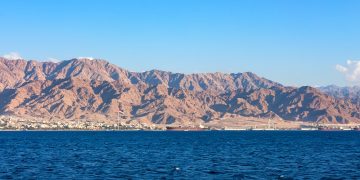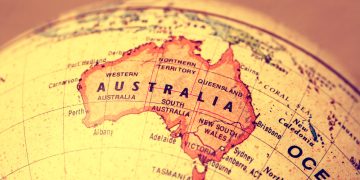OCIMF to help raise terminal standards
OCIMF Marine Terminal System Oil company consultancy OCIMF has launched an oil, gas and chemical terminal particulars questionnaire.This marks the start of a four-pronged attack to raise standards at oil terminals worldwide - OCIMF Marine Terminal System.The second part will be launched at the end of 1Q12 and will be an update of its existing Marine Terminal Baseline Criteria. It will take the form of OCIMF's successful Tanker Management Self-Assessment (TMSA) initiative and will be restyled Marine Terminal Management and Self-Assessment (MTMSA).Following this will come a Marine Terminal Operating Training System (MTOTS), which should be ready as a guideline in 2013.The fourth element will be a Marine Terminal Assessor and Accreditation Programme (MTAA), which will be aimed at giving their members confidence that the staff they use to conduct the MTMSAs are suitably qualified.Kicking the initiative off, OCIMF members are being asked to fill in a questionnaire listing all the relevant information about their terminals worldwide. These include single point mooring buoys and gas terminals.One of the main objectives is to ensure safer berths and safer ship-to-shore interfaces, which has been a cause for concern recently. It has been found that some vessels are being sent to the wrong terminals, ...
Read more




























































